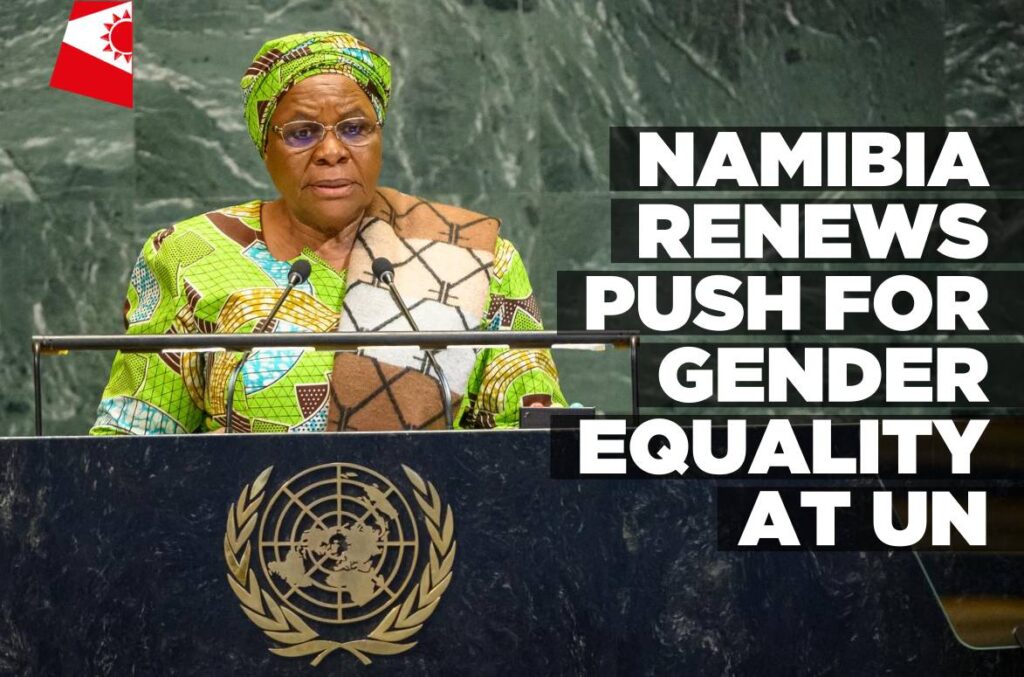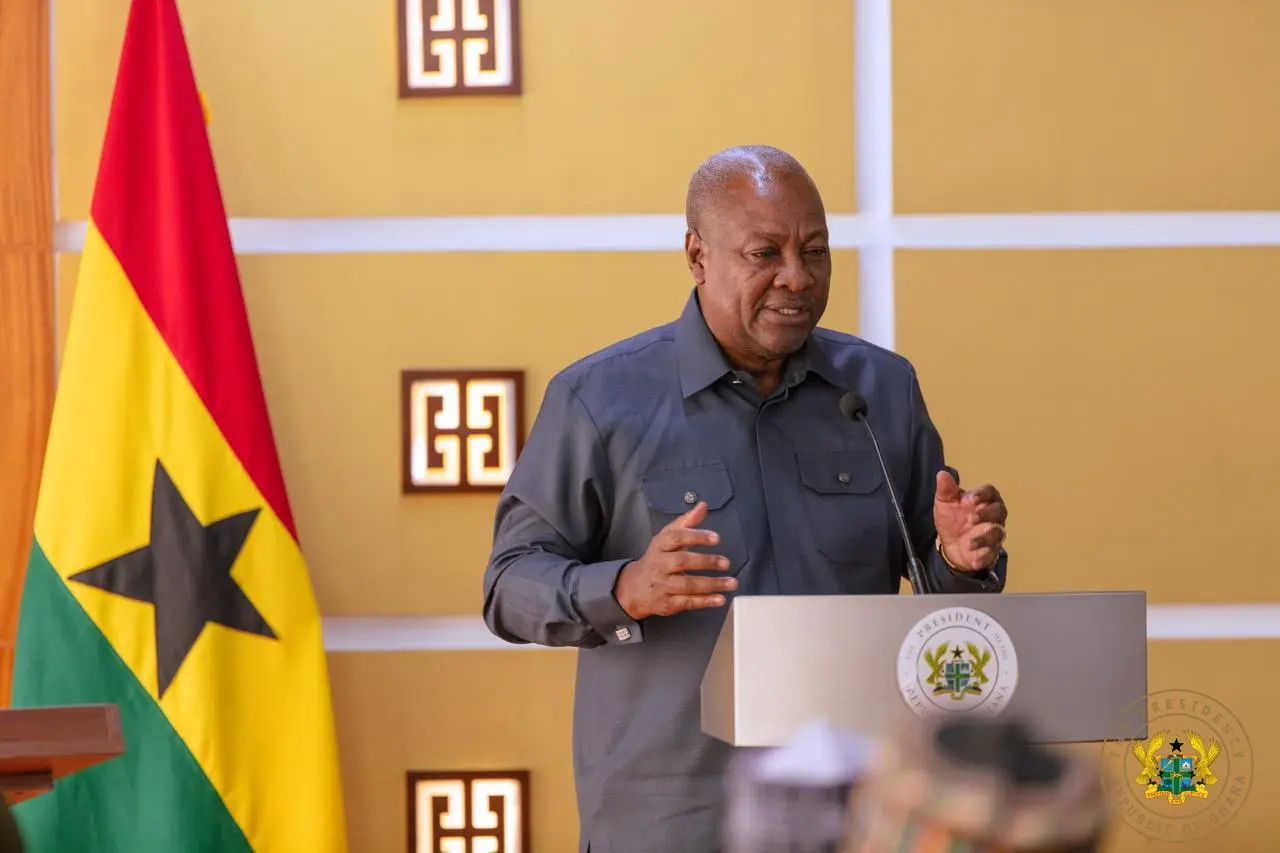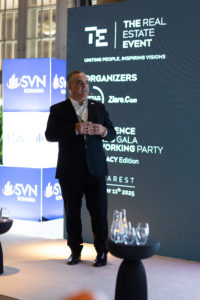By Staff Reporter
Copyright web

Staff Reporter
PRESIDENT Netumbo Nandi-Ndaitwah has reaffirmed Namibia’s commitment to advancing gender equality and women’s empowerment during the High-Level Meeting on the 30th Anniversary of the Fourth World Conference on Women, held at the United Nations General Assembly Hall in New York.
Addressing the meeting, President Nandi-Ndaitwah emphasised that gender equality has been a key priority for Namibia since independence in 1990, with the country demonstrating strong political will through the adoption of international commitments such as the Beijing Declaration and Platform for Action, which has been incorporated into national gender policies.
“Thirty years ago in Beijing, we affirmed that women’s rights are indeed human rights. Since then, Namibia has built on this strong foundation to link women’s rights with development, achieving significant progress in political inclusion and legal reforms,” she said.
Namibia’s efforts have yielded measurable results. According to the 2025 World Economic Forum Global Gender Gap Report, Namibia has closed 81.1% of its gender gap, ranking eighth globally and first in Africa. The President also highlighted Namibia’s historic milestone in political representation, with the country now having a female President, Vice President, Speaker of the National Assembly, and Secretary-General of the ruling SWAPO Party. Women also hold 57% of cabinet positions and 38.5% of seats in the National Assembly, including leadership roles in key ministries such as Finance, Health, Education, International Relations, and Trade.
Despite these achievements, President Nandi-Ndaitwah acknowledged that challenges remain, particularly in the area of economic inclusion for women, especially those in rural areas. She said that 70% of informal traders in Namibia are women, many of whom face barriers in accessing credit, land, and markets.
To address these challenges, Namibia’s new National Gender Equality and Equity Policy 2025–2035 seeks to promote equal access to resources, provide capacity-building opportunities, and support women-owned micro-enterprises. She further said the role of the Agribank of Namibia in providing assistance to women and young people who wish to venture into agriculture.
Reflecting on the Beijing Conference, where she served as Rapporteur General in 1995, President Nandi-Ndaitwah reaffirmed Namibia’s pledge to accelerate the implementation of the Beijing Declaration by tackling gender-based violence, addressing harmful norms, strengthening partnerships, and promoting gender-responsive budgeting.
“Namibia recommits to advancing the full realisation of Sustainable Development Goal 5 on gender equality, as part of our broader contribution to a just and inclusive society,” she concluded.



